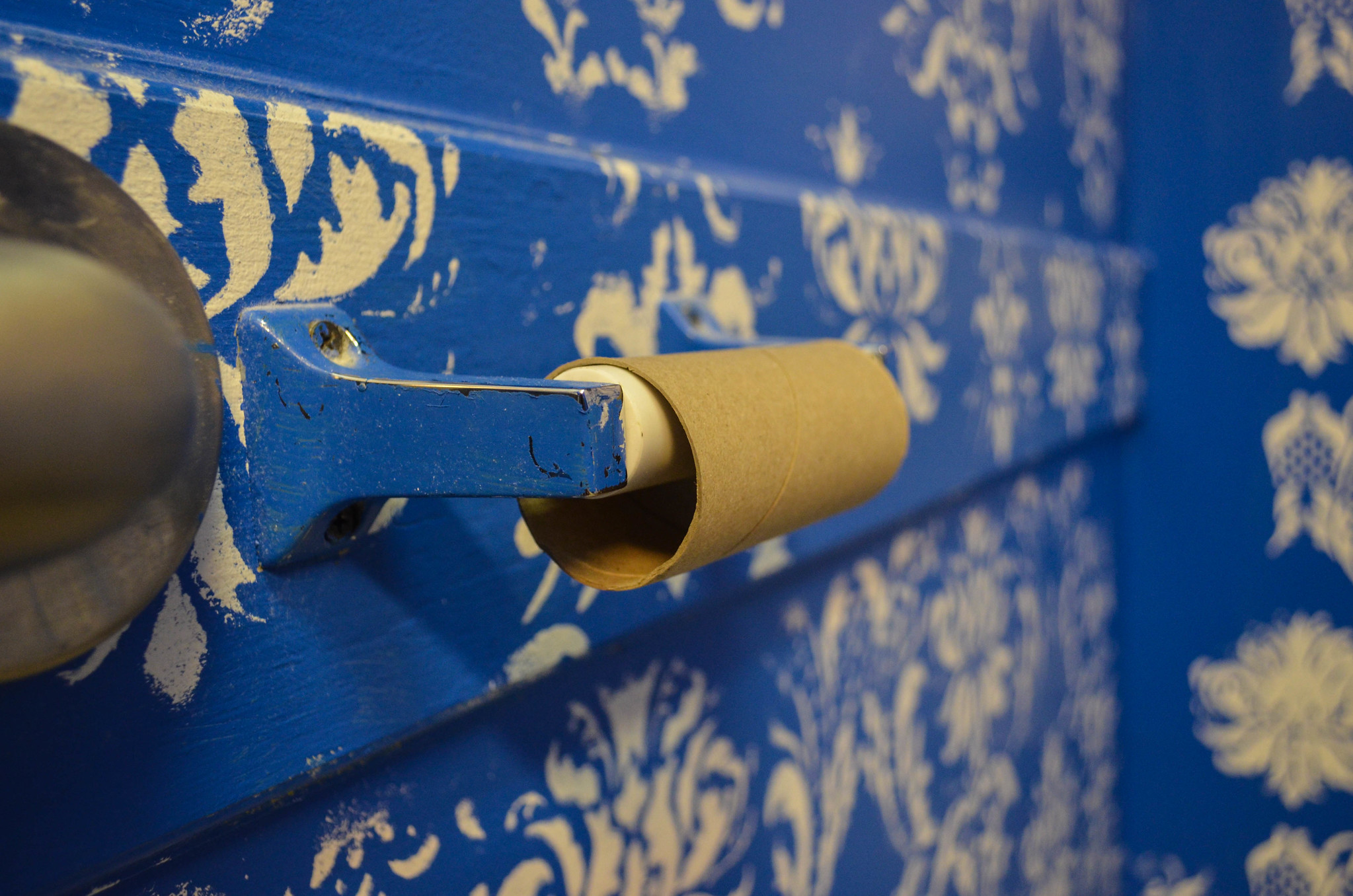I rarely feel as scrutinised as when I park in an accessible parking spot and get out of my car. People all around stare to judge whether or not I am deserving of the space. When I get my crutch out of the back, they tend to step down and relax.
And it’s a strange thing because these are non-disabled people who normally would not care at all whether disabled people get access to their specialised spaces or not. They aren’t campaigning for disability rights at the weekend or writing to their MP about disabled people being excluded from everywhere from hospitals to shopping centres.
But, when it comes to car parks, they suddenly care.
The other place they care, for some reason, is accessible toilets. If the door opens from the inside and the person coming out is not a wheelchair user, they rage. Well, we’re British, so they tut and look around disapprovingly, but that’s the same thing as raging. Sometimes confrontations do become verbal, even physical. Because a non-disabled stranger does not believe that the person exiting the loo is disabled enough to warrant using it.
I think they don’t want anyone to have access to any special spaces, but when we do, they will damn well police them, whether we want them to or not.
So it was interesting to see a study from Crohn’s and Colitis UK, who surveyed 1771 members about their experience of using accessible toilets as people with invisible impairments. 61% of those surveyed said they had faced abuse when trying to access toilets quickly, which, with conditions where speed can be of the essence, is very important. Two thirds said they had been turned down when they had tried to jump the queue to the loo. Again, with serious diarrhoea or pain, getting to a toilet quickly can be really important.
So how can we tell who’s got Crohn’s disease and needs to get into an accessible loo, or get into a regular loo quickly? The truth is that we can’t, so we have to take people at their word. If somebody is desperate, they are desperate, and they have to be allowed in.
They can look fine and still need to use those facilities, and use them quickly. 70% of people with Crohn’s disease and colitis have had an “accident” in public, doubling up on the reasons we need to believe people when they say it is urgent.
Some retailers have added “Not every disability is visible” stickers and signs to their public toilets, which is a very helpful message to reinforce. Some people have argued that it remains only those with visible impairments who could possibly require the facilities of an accessible toilet, but this is not true and there are plenty of reasons why people with invisible impairments could need access to the bigger, more private space that an accessible toilet provides.
And nobody should be forced to justify their reasons. Who wants to say “I need to change my stoma bag” or “I’m about to have diarrhoea” to a stranger obstructing their way? The Crohn’s and Colitis UK research suggests there are plenty of those strangers: nine out of ten people who challenge people who use accessible toilets think they are helping society.
But they’re not helping the individual with an invisible impairment, nor are they helping society at large. And 12% of those around us say they would challenge a stranger who they did not believe to be disabled “enough”. Men are almost twice as likely to challenge as women, and more men would refuse access to somebody trying to avoid a queue than women, though that is at a depressing 19% to 14%.
The survey carried out by the charity also shows that people with those conditions feel more comfortable when they are at a venue that has a “not every disability is visible” sign. Maybe those signs serve as a reminder to strangers not to interfere, as much as to the person with the condition who might need validation or feel they should otherwise ask for permission to use an accessible toilet. Many places still keep them locked, though, and while many disabled people now know they can get their own RADAR key to get into the majority of accessible toilets, this is still not good enough. Many disabled people need to access the toilets very quickly, so trying to find a member of staff who then tries to find a key is not a suitable solution.
So even if it makes you uncomfortable, these toilets need to be left open, and the people who use them need to be left unchallenged. Perhaps some people nip in when they shouldn’t, but in general, that does not make the grief you give somebody legitimate ok.
Photo: m01229

